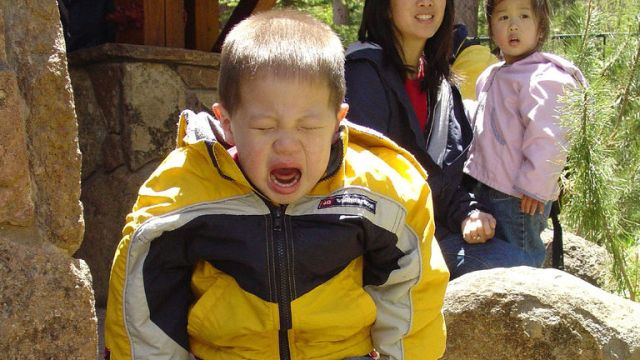Jody Sarich: Women Will Be Forced to Marry

As many as 24 million Chinese men will be unable to find wives in 2020, say experts. In some areas there are already as many as 130 men for every 100 women. This gender gap, just one of the many consequences of China’s one-child policy, is driving many of the country’s men to look for wives through forced marriage and human trafficking.
Jody Sarich, an anti-slavery researcher and advocate, is currently writing a book on forced marriage with former Big Think expert Kevin Bales. Sarich told Big Think that while exact numbers aren’t available, studies and anecdotal evidence suggest that slavery and human trafficking are already huge problems in China.
“There is a great demand for women, especially in poor, rural areas,” says Sarich. “Certainly the gender gap is a major factor, but it is one factor among several that work together to make it such a problem in China. Working alongside that is the fact that there’s been a great increase in women’s economic empowerment and desire for education in China. So you have fewer women overall as well as more women who are choosing to be educated and to have jobs. In many cases they don’t see it as compatible to be married and work, so the women who do exist aren’t necessarily marrying at the same rate.
“An additional pillar of what is leading this problem in China, especially for foreign brides, is China’s policy of repatriating foreign women who are discovered—even though they’re victims of trafficking,” she says. And for women from North Korea, repatriation means a sentence to North Korean labor camps, which Sarich likens to concentration camps. This fear of repatriation makes trafficked women all the more vulnerable and keeps them from coming forward, she says. And there is now a generation of children born from these forced marriages who are also illegal and must remain invisible to the government. “These children are equally vulnerable to all sorts of exploitation, especially the girls but also the boys and young men,” says Sarich.
With the gender gap growing alongside the Chinese economy, it’s very safe to say that this will increase unless decisive steps are taken, says Sarich. It will require “not only steps to change the one-child policy or to put systems in place or education in place in order to solve the gender imbalance, but in the short and the long term it’s a matter of China taking responsibility to fully recognize these women as trafficked people.”





